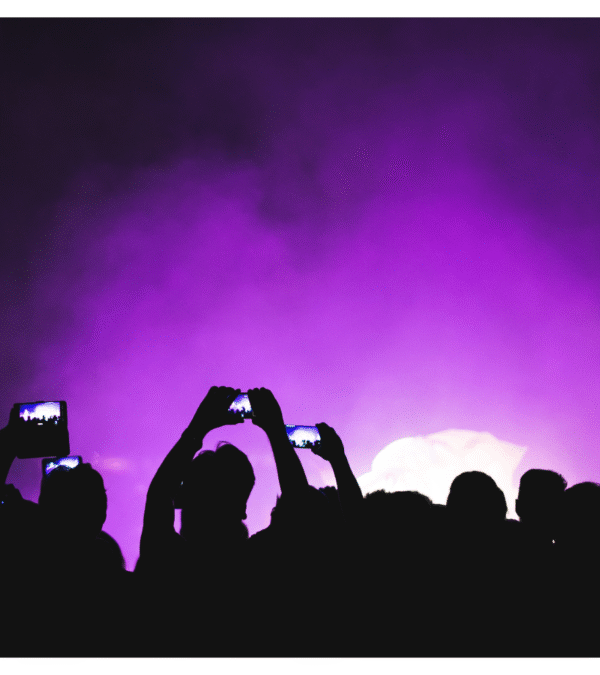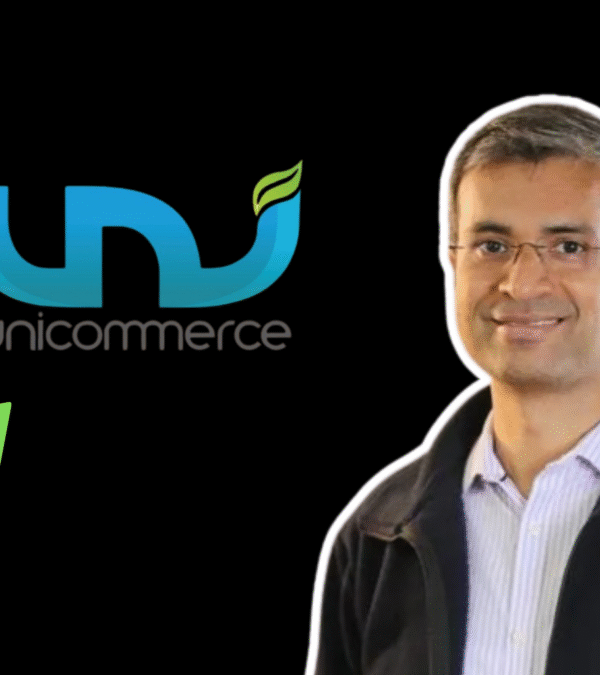Top 5 Game-Changing Advertising Strategies For 2025
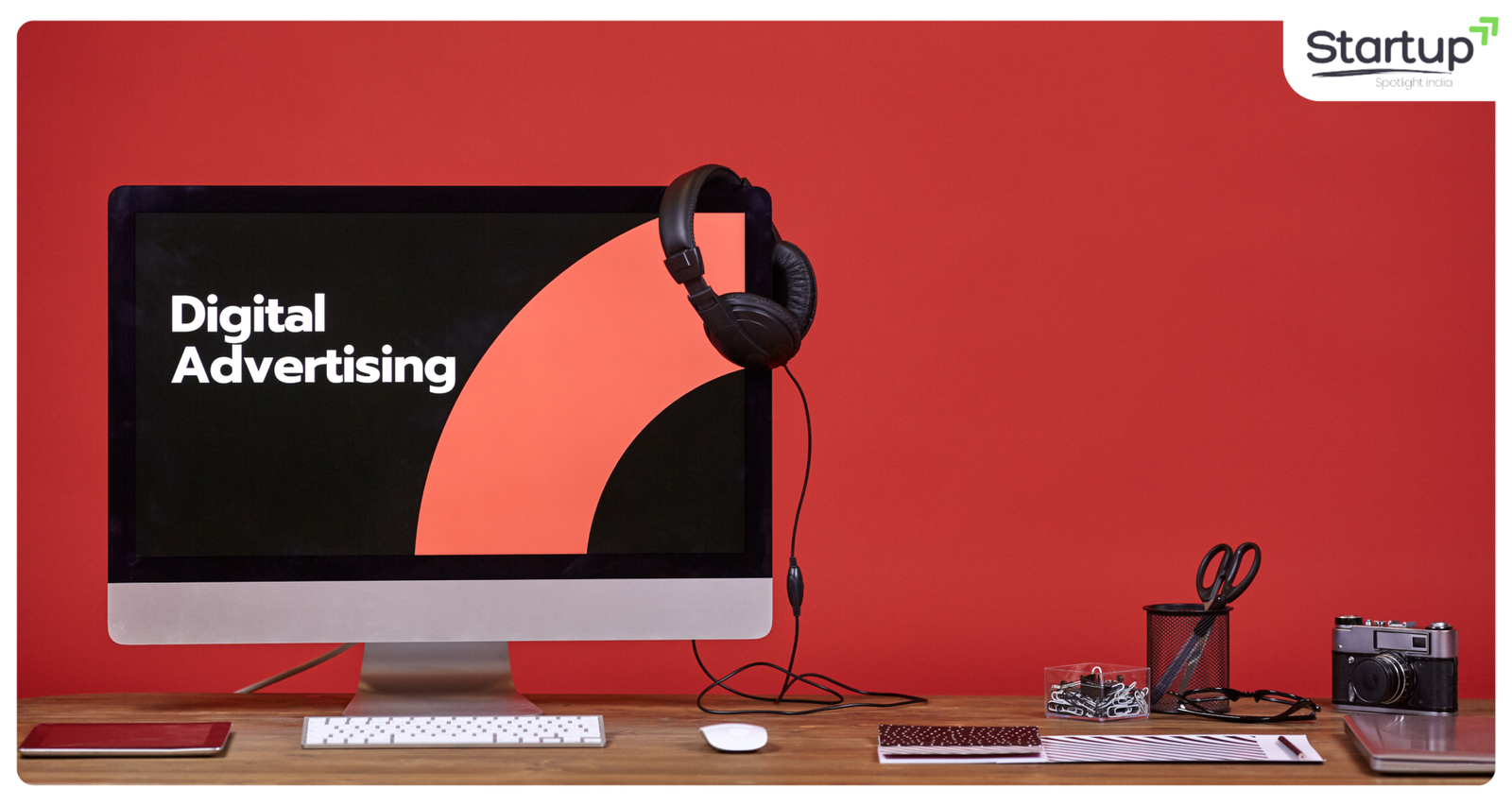
Top Ad Trends of 2025 – Timeline Summary
- Early 2025:
AI-driven personalized ads boost targeting and engagement. - Q1–Q2 2025:
AR/VR ads rise—virtual try-ons, tours, and immersive brand experiences. - Mid 2025:
Short-form videos dominate social media, driving quick attention and shares. - All Year:
Influencer & UGC campaigns build trust and community. - Late 2025:
Sustainable, ethical marketing wins loyal, conscious consumers.
The domain of advertising has always depended on rapid technological advancements, shifting consumer behaviors, and the increasing importance of authenticity and engagement. In 2025, it has become crucial for brands to stay ahead in an ever-evolving digital marketplace, leveraging the most effective advertising practices is essential for maximizing reach and impact. Therefore, in this article, we will look at the five most effective advertising strategies shaping the industry in 2025.
1. AI-Powered Personalized Advertising
Digital advertising has been completely revolutionized by Artificial Intelligence (AI) in recent times. It has helped brands in delivering hyper-personalized experiences depending on each user. User data such as browsing history, purchase behavior, and social interactions are analyzed by AI and help brands in creating targeted ads. This level of personalization helps in enhancing engagement, conversion rates, and the relevance of brands in crowded marketplaces. AI has played a crucial role in gathering and utilizing important information for brands to make the target audience interested in their goods and services.
2. Interactive and Immersive Experiences (AR/VR)
The rise of Augmented Reality (AR) and Virtual Reality (VR) has transformed advertising by offering consumers highly interactive and immersive experiences. Brands now create engaging AR filters, VR showrooms, and interactive ads that allow users to virtually try products before purchasing. For instance, real estate companies offer virtual property tours to potential customers so that they can experience living there before making a purchase. Similarly, fashion and beauty brands also enable consumers to test makeup or clothing items using AR technology. These innovations spark customer’s curiosity and boost their engagement as well. Moreover, it increases their confidence in purchasing decisions and enhances brand recall.
3. Short-Form Video Content Domination
Short-form video content that conveys messages quickly and effectively is preferred by consumers in 2025. These videos are used by brands to establish their presence on social media platforms like TikTok, Instagram Reels, and YouTube Shorts. Brands that craft compelling, authentic, and entertaining short videos see higher engagement and shareability among consumers. Storytelling, humor, and user-generated content play key roles in making these ads successful. The ability to capture the audience’s attention in a matter of seconds and make them curious about a particular good or service has made short-form video an essential advertising tool in 2025.
4. Influencer and User-Generated Content (UGC) Campaigns
The most common thought that comes into one’s mind before making any purchase is the opinion of the existing and past users of that commodity. Consumers trust recommendations from other users more than traditional advertisements which leads to a surge in influencer marketing and user-generated content (UGC). UGC, including customer reviews, testimonials, and brand-related social media posts, provides social proof and fosters community engagement. Brands leveraging influencer partnerships and UGC campaigns benefit from increased credibility, higher conversion rates, and deeper audience connections.
5. Sustainable and Ethical Marketing
As consumer consciousness about environmental and social issues grows, sustainable and ethical marketing has become a powerful advertising strategy. Companies that prioritize eco-friendly initiatives, ethical sourcing, and corporate responsibility attract loyal customers who align with their values.
Advertising campaigns highlighting sustainability efforts, such as carbon neutrality, reduced plastic use, and fair trade partnerships, resonate strongly with modern consumers. Transparent messaging and authentic brand commitments to ethical practices build trust and long-term customer relationships.
